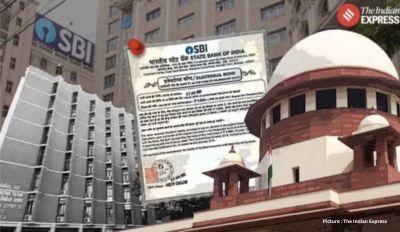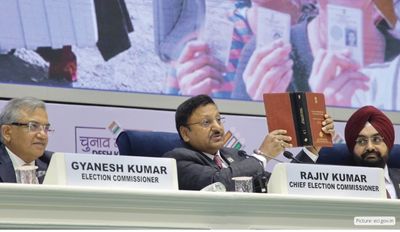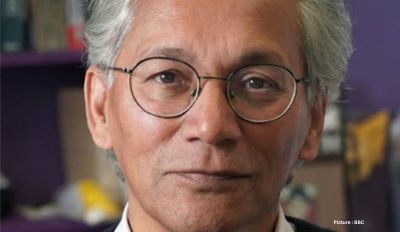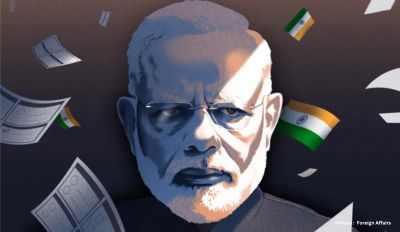Ruling that the Indian government does not get a free pass every time the specter of national security is raised, the Supreme Court appointed a committee on October 27, 2021 comprising three technical members and supervised by its retired judge Justice R V Ravendran to conduct a “thorough inquiry” into allegations of use of Pegasus software for unauthorized surveillance.
 Justice Ravendran will be assisted in this task by Alok Joshi, former IPS officer (1976 batch) and Sundeep Oberoi, Chairman, Sub Committee in (International Organisation of Standardisation/International Electro-Technical Commission/Joint Technical Committee). The three technical members of the committee are Naveen Kumar Chaudhary, Professor (Cyber Security and Digital Forensics) and Dean, National Forensic Sciences University, Gandhinagar, Gujarat; Prabaharan P, Professor (School of Engineering), Amrita Vishwa Vidyapeetham, Amritapuri, Kerala; and Ashwin Anil Gumaste, Institute Chair Associate Professor (Computer Science and Engineering), Indian Institute of Technology, Bombay, Maharashtra.
Justice Ravendran will be assisted in this task by Alok Joshi, former IPS officer (1976 batch) and Sundeep Oberoi, Chairman, Sub Committee in (International Organisation of Standardisation/International Electro-Technical Commission/Joint Technical Committee). The three technical members of the committee are Naveen Kumar Chaudhary, Professor (Cyber Security and Digital Forensics) and Dean, National Forensic Sciences University, Gandhinagar, Gujarat; Prabaharan P, Professor (School of Engineering), Amrita Vishwa Vidyapeetham, Amritapuri, Kerala; and Ashwin Anil Gumaste, Institute Chair Associate Professor (Computer Science and Engineering), Indian Institute of Technology, Bombay, Maharashtra.
A bench headed by Chief Justice of India N V Ramana said the committee will “enquire, investigate and determine:”
- whether the Pegasus suite of spyware was used on phones or other devices of the citizens of India to access stored data, eavesdrop on conversations, intercept information and/or for any other purposes not explicitly stated herein;
- The details of the victims and/or persons affected by such a spyware attack;
- What steps/actions have been taken by the Respondent-Union of India after reports were published in the year 2019 about hacking of WhatsApp accounts of Indian citizens, using the Pegasus suite of spyware;
- Whether any Pegasus suite of spyware was acquired by the Respondent Union of India, or any State Government, or any central or state agency for use against the citizens of India;
- If any governmental agency has used the Pegasus suite of spyware on the citizens of this country, under what law, rule, guideline, protocol or lawful procedure was such deployment made;
- If any domestic entity/person has used the spyware on the citizens of this country, then is such a use authorised;
- Any other matter or aspect which may be connected, ancillary or incidental to the above terms of reference, which the Committee may deem fit and proper to investigate.
 The committee has been asked make recommendations on:
The committee has been asked make recommendations on:
- Regarding enactment or amendment to existing law and procedures surrounding surveillance and for securing improved right to privacy;
- Regarding enhancing and improving the cyber security of the nation and its assets;
- To ensure prevention of invasion of citizens’ right to privacy, otherwise than in accordance with law, by State and/or non State entities through such spywares;
- Regarding the establishment of a mechanism for citizens to raise grievances on suspicion of illegal surveillance of their devices;
- Regarding the setting up of a well-equipped independent premier agency to investigate cyber security vulnerabilities, for threat assessment relating to cyberattacks and to investigate instances of cyberattacks in the country;
- Regarding any adhoc arrangement that may be made by this Court as an interim measure for the protection of citizen’s rights, pending filling up of lacunae by the Parliament;
- On any other ancillary matter that the Committee may deem fit and proper.
The ruling came on a batch of 12 petitions which sought an independent probe into the allegations which surfaced in the media about the unauthorized surveillance.









